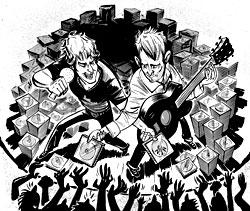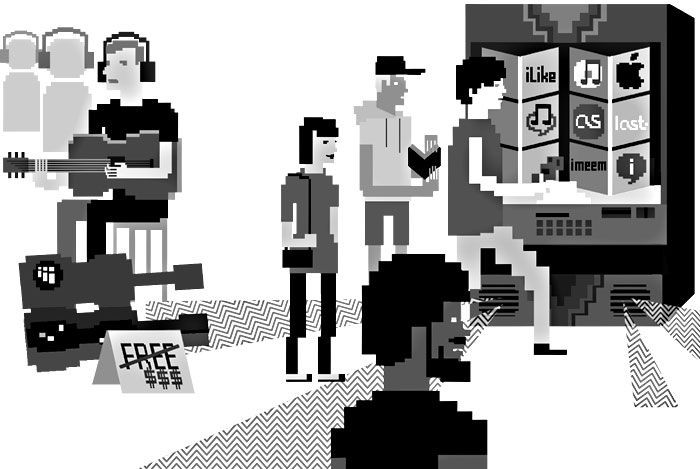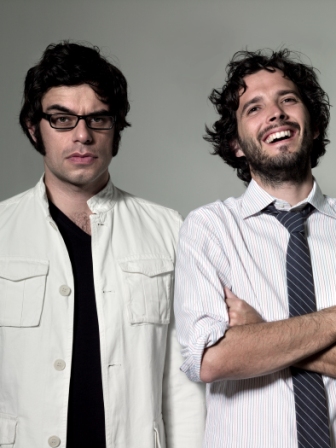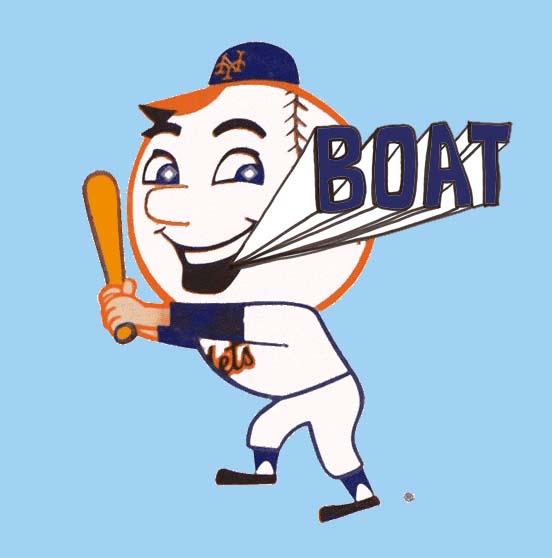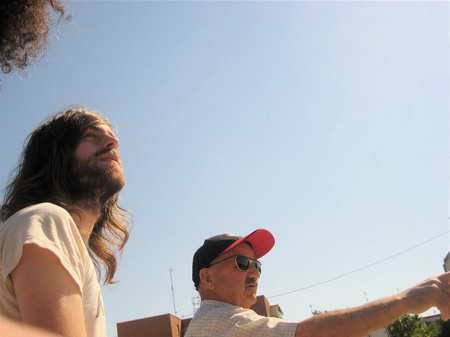Earlier this year, Radiohead released its new album, In Rainbows, on its Web site using a pay-what-you-wish model. A few months later, Nine Inch Nails released Ghosts I-IV employing a similar scheme with more business savvy: There was a tiered scale with prices ranging from free (low-quality digital audio files) to $300 (which included a Blu-ray slide show). Did that strategy work? In Rainbows debuted at #1 on the Billboard charts when released in the physical format. NIN’s extra-deluxe package sold out.
This approach makes sense for bands with followings as large as Radiohead’s and NIN’s; not only do their releases have built-in audiences, but self-releasing brings an artist 100 percent of the revenue. Smaller musicians face a different set of obstacles. Though recording is now dirt-cheap, they may lack the management to recoup funds from pressing the record. But since when have small bands made tons of cash anyway?
“If you look at the numbers from traditional record contracts, only the elite of the elite, the top 1 to 5 percent, would make any money whatsoever off their albums,” says Aram Sinnreich, a managing partner in the Los Angeles–based media consulting firm Radar Research. Bands who sell 1,000 copies of an album on a major or independent label are no more able to quit their day jobs than those who give away 1,000 copies of an album. And because of record labels’ profit margins, many wind up in debt to labels after signing their contract. Under these conditions, “over 90 percent [of bands signed to a record label] would never see a royalty check. That’s a sad secret of the industry,” Sinnreich adds.
Although giving away music is novel, unknown bands aren’t guaranteed a return. But they can improve the chances their music will be heard. According to Ian Rogers, former Music VP of product development for Yahoo and now CEO of Topspin, a new digital music-marketing platform, a good example is Saul Williams’ recent release Niggy Tardust. “He sold about as many copies as he sold with his last release, which was on a label,” Rogers says. “But [because of the free downloads] he was heard by 10 times that, and that’s affected his ability to tour; it’s affected his entire livelihood. For him, the pay-what-you-want thing [has] absolutely been crucial to him or crucial for his career.” While Williams’ collaboration with Trent Reznor undoubtedly provided ample promotion (although fewer than 20 percent of buyers chose to pay $5 for the album online rather than download it for free), it increased his chances of gaining a larger fan base.
“Even at its peak, when it was a thriving industry, recorded music only brought artists a fraction of the revenue that merchandise and touring brought them,” Sinnreich says. “Today, that disequilibrium has been exaggerated by the plunging music retail market and by the expanding music merchandise and performance market.”
Evidence corroborates: Lyle Lovett recently confessed to Billboard that after two decades and 4.6 million albums sold, he’s “never seen a dime” in royalties and has made his living primarily from touring. That’s a sure sign that business-wise musicians must find new ways to survive.
Instead of vying for record deals, Rogers says, most savvy musicians now aspire to the name recognition needed to strike deals for downloads, ringtones, T-shirts, Web site ads, and licensing for song placements for soundtracks or commercials. Essentially, there has to be strategy behind such a decision. By going directly to the listener, many bands may deny themselves the chance to develop networking relationships with gatekeepers—booking agents, record-store owners, etc.—who could help them in the future.
All this leaves musicians with less time for making art. But it might just be good for the industry. In 1998, Rogers had a hand in creating the media player Winamp, which was free but accepted donations. “It’s not like the software worked any better—you literally got nothing for giving us money…But I saw how many people gave us money. I think we really underestimate our fellow humans and their desire to exchange value,” he says. “To not just take, take but to give.”
